Crowdfunding has the potential to draw venture capital to regions with successful technology campaigns.
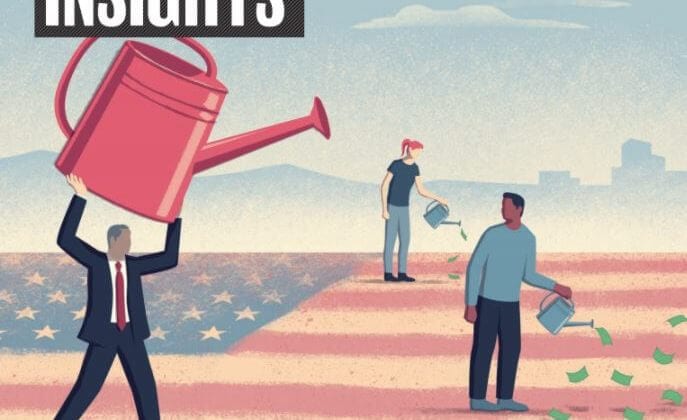
The Latest in Science and Innovation Policy Research

Crowdfunding has the potential to draw venture capital to regions with successful technology campaigns.
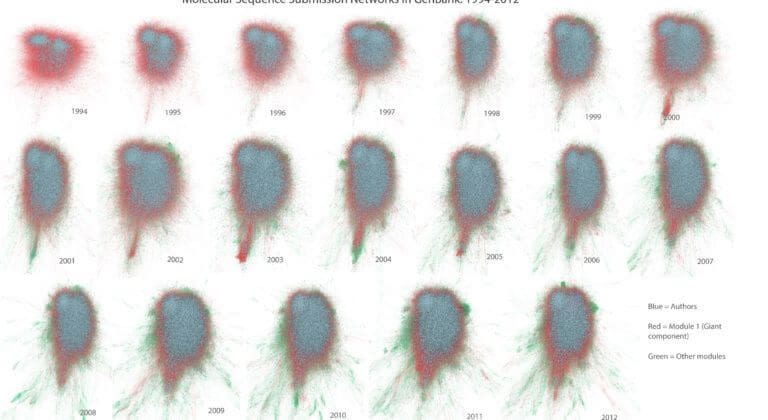
To explore the impact of scientific collaboration and large-scale repositories in the field of genomics, we analyze co-authorship patterns in NCBIs big data repository GenBank using trace metadata from co-authorship of traditional publications and co-authorship of datasets. We demonstrate that using complex network analysis to explore both networks independently and jointly provides a much richer… Read More »
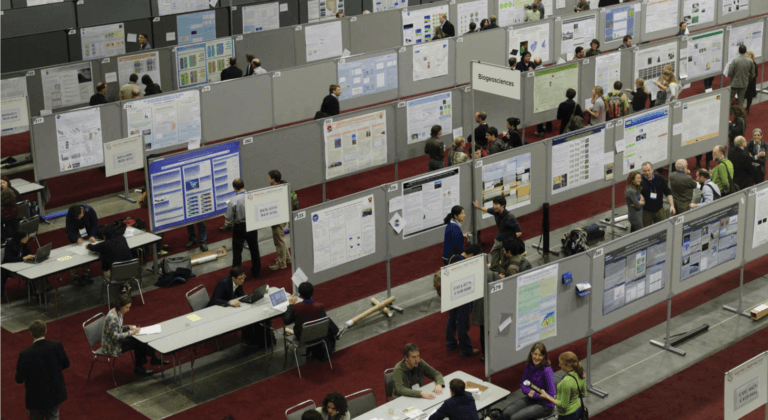
Increasingly detailed data about scientific research raise the possibility of predicting the future direction and outcome of science itself. Scientific research on the predictability of science, however, suggests that while some general aspects of scientific progress are amenable to data-driven predictions, there may be fundamental limits to their accuracy. Efforts to automate predictions about value… Read More »
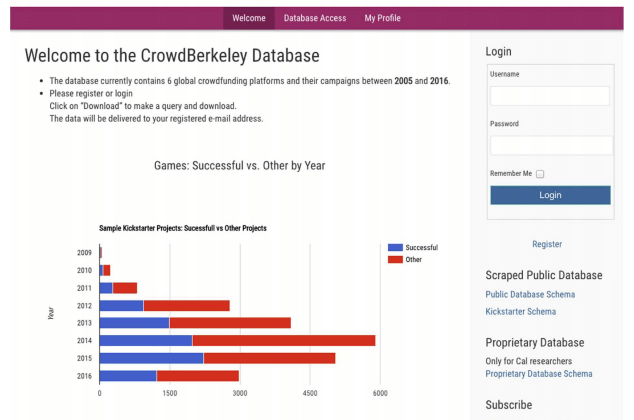
Crowdfunding platforms enable individuals to solicit small investments, donations, or loans over the Internet from a wide variety of funders; they have emerged as a new and potentially important source of funds for entrepreneurial and philanthropic initiatives. We build and present three databases for public use, including Kickstarter, Kiva, and CrowdRise, and link regional measures… Read More »
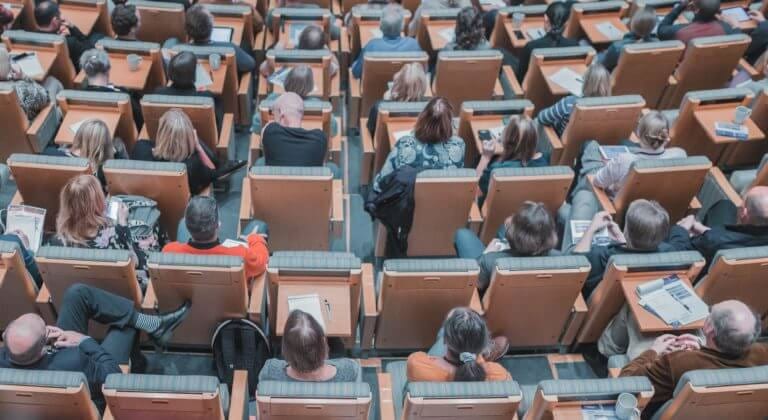
Often researchers are disappointed by the limited extent to which peer reviewed STEM research seems to contribute directly to high level public policy decision-making. However, does the perception of the limited use of formal scientific and technical information (STI) accord with empirical reality? How does the choice of various types of information relate to the… Read More »

Existing theories and empirical research on how innovation occurs largely assume that innovativeness is an inherent characteristic of the individual and that people with this innate ability select into jobs that require it. In this paper, we investigate whether people who do not self-select into being innovators can be induced to innovate, and whether they… Read More »
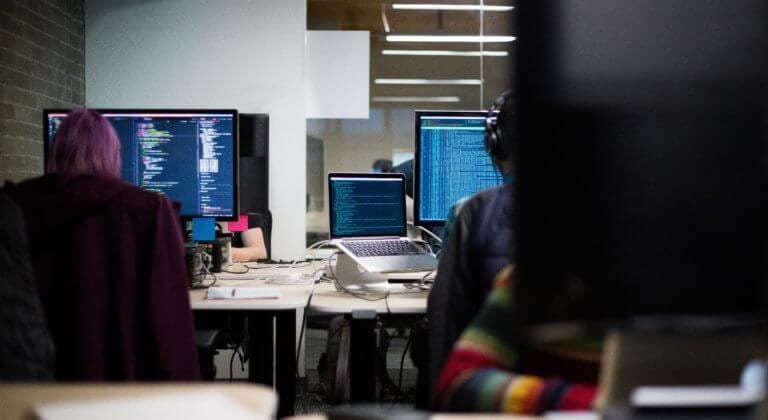
Developing useful intelligence on scientific and technological emergence challenges those who would manage R&D portfolios, assess research programs, or manage innovation. Recently, the U.S. Intelligence Advanced Research Projects Activity (IARPA) Foresight and Understanding from Scientific Exposition (FUSE) Program has explored means to detect emergence via text analyses. We have been involved in positing conceptual bases… Read More »

Most studies of academic entrepreneurship are based on ideas and tools from fields such as economics, sociology, strategy, and public policy. Most of this research focuses on institutional, economic, and demographic variables from a macro perspective, rather than examining micro processes that may be associated with academic entrepreneurship. The literature also tends to stress formal,… Read More »

The H-1B program allows highly educated foreign-born labor to temporarily work in the United States. Quotas restrict the number of H-1B recipients. In many years, all available work permits were allocated by random lottery. This paper argues that an alternative distribution method based upon ability would increase output, output per worker, and wages paid to… Read More »